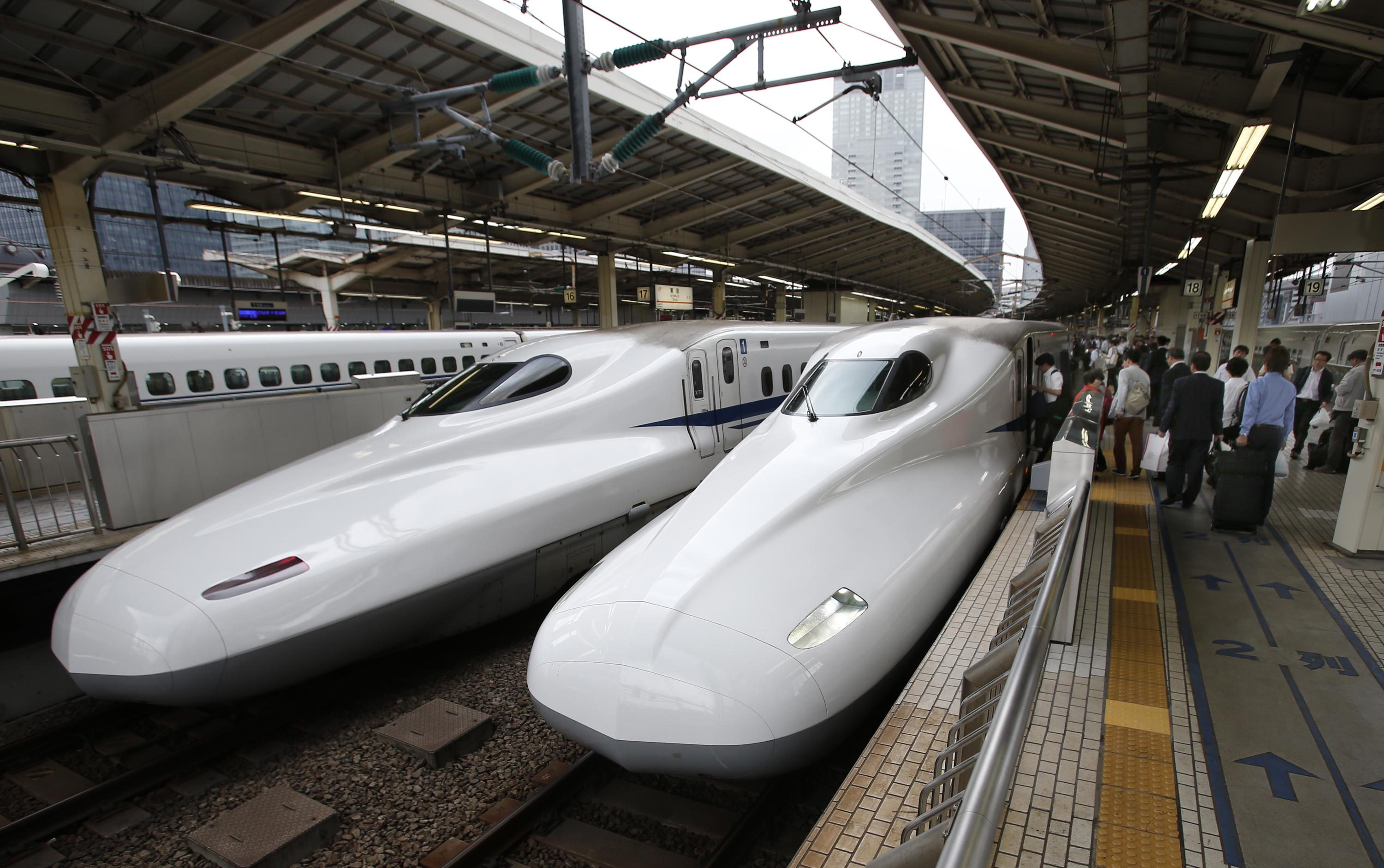India's bullet train project re-ignites debate on land for 'public purpose'
MUMBAI: Plans for India’s first bullet train, a $17-billion-dollar project, have sparked a debate on the definition of “public purpose” for land acquisitions which have become increasingly contentious.
The 500-km- (310-mile-) long high-speed rail link promises to cut travel time between the financial hub of Mumbai and the industrial city of Ahmedabad in Gujarat state by more than half to under three hours.
The project, inaugurated earlier this month, will need about 825 hectares (2,000 acres) of land. The government has said it will complete the line by 2022, even as farmers along the proposed route held protests against giving up their land.
They may have little say in the matter, as the state has a legal right to take private property for public purposes.
But analysts say the definition of what constitutes public purpose needs revisiting, even for infrastructure projects.
“When projects - airports, private colleges, bullet trains - benefit only a small percentage of the population, some debate over public purpose needs to be had, for moral if not legal reasons,” said Aseem Shrivastava, an environmental economist.
“When the state is brokering land deals, should only the state decide what is public purpose?”
Conflicts have increased in India as land is sought for industrial use and development projects.
A law passed in 2013 was meant to protect the rights of farmers, ensuring consensus over land acquisitions, rehabilitation for those displaced, and adequate compensation.
But several states have diluted these provisions to speed up acquisitions.
Over the years, the state has extended public purpose from public schools, railways and highways to also include private hospitals and educational institutions, factories and Special Economic Zones.
Officials say these are key to accelerate economic growth and generate jobs that benefit the community.
But land rights experts say defining such projects as public purpose leaves vulnerable people with little judicial recourse.
“To say that jobs are created by setting up a factory, and that therefore it is public purpose, is a facetious argument,” Shrivastava told the Thomson Reuters Foundation.
In a rare victory for campaigners, the Supreme Court last year ruled that land purchased by West Bengal state for a Tata Motors factory could not be deemed to have been acquired for a “public purpose” and must be returned to farmers.
In an analysis of all land acquisition cases decided by the Supreme Court from 1950, the top court invalidated the government’s view of public purpose in less than 1 percent of cases, according to think tank Centre for Policy Research.
“We have a virtual laundry list of what makes up public purpose now,” said Namita Wahi, director of the center’s Land Rights Initiative.
“This permissive interpretation is very problematic.”






